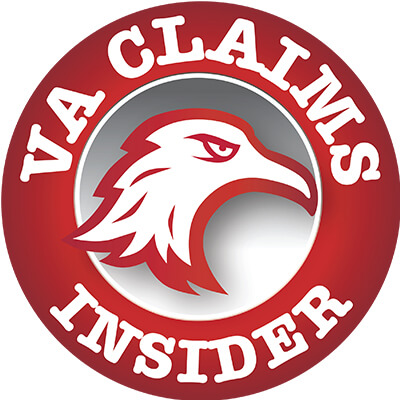Looking for Expert-Level VA Claim Help?📱Call Us Now! 737-295-2226
Many veterans facing severe and worsening disabilities may worry that they won’t be able to take care of themselves which often brings up the question about the veteran’s benefits, specifically, “will the VA pay for nursing home care”?
Veterans facing extreme disability especially those worsened by age are particularly in need of 24/7 care. As the baby boomer generation has aged this has become an even more relevant issue for the VA to face.
Fortunately, the answer is yes, although the conditions to receiving that benefit can be complicated. So we’ve put together this guide to help you understand how you can be eligible to receive this care and what kind of care the VA has made available for those in need of 24/7 care.
How to Know if You Are Eligible for Nursing Home Care
If you have proven your need for the home care for a service-connected disability, the first way to know if you are eligible for the VA to pay for nursing home care is if you have recently been discharged from a VA hospital. This will get you immediate admission into the program. All that is required at this point is for the authorized physician to determine that the care is needed.
Another way to be qualified is if you are rated 70% or more with your disability, or have a rating of total disability based on unemployability.
Nursing home options available
There are a number of different types of nursing care available for those who are eligible. They are:
- Community Living Centers. These are typically located within a VA Medical Center or in a separate, nearby building.
These centers are designed to feel like home as much as possible. They host activities for veterans of all ages, allow vets to keep their pets, and even decorate their room.
At the CLCs veterans can receive the following services:- 24-hour nursing care
- Geriatric evaluation and management
- Mental health recovery care
- Respite care
- Social work services
- And more…
- Contract Nursing Home Care. This is for public or private nursing homes. Usually, stays in these are limited for all but the most severely disabled veterans. This limit is regularly for six months, but it can be reduced to 30-60 days when resources are limited.
- State Veterans Homes. These are nursing homes run by the state and approved by the VA. The individual state owns and operates these facilities, establishing eligibility criteria and determining their services.
If you are eligible, it is also possible to receive long-term care under the classification of Home and Community-Based Services. These services allow veterans to remain in their homes and include the following:
- Adult daycare
- Home-based primary care
- Home health aids
- Hospice Care
- Respite Care
On top of nursing home care, it is also possible to receive a number of other long-term care services offered by the VA. These can be directly from the VA or through a contract with community-based agencies. These services include:
- Medical foster homes
- Assisted Living
- Adult family homes
Conclusion
As veterans age or they experience a major disability, they and their families can be encouraged that there are a number of care options available. These include options that can keep the veteran at home, which many prefer.
In many cases, the VA will act as a copay for these services, although in the more extreme cases of disability it is possible to have costs completely covered. Be sure to fully understand what the VA has approved for you before making your plans.
Knowing now what’s available, if you feel you could benefit from these services we would love to help you with your claim! Click here, and we can get you started!
Become an Insider
We’re Veterans helping Veterans Worldwide™, and since 2016 we’ve helped 10,000+ Veterans just like you INCREASE their VA disability rating!
About the Author

About VA Claims Insider
VA Claims Insider is an education-based coaching/consulting company. We’re here for disabled veterans exploring eligibility for increased VA disability benefits and who wish to learn more about that process. We also connect veterans with independent medical professionals in our referral network for medical examinations, disability evaluations, and credible independent medical opinions and nexus statements (medical nexus letters) for a wide range of disability conditions.




